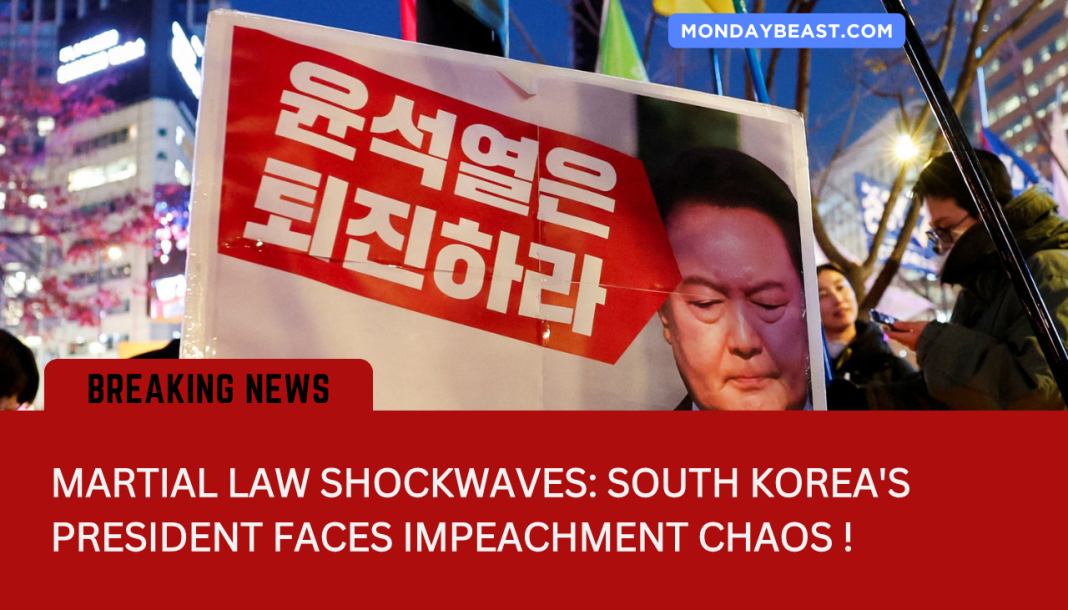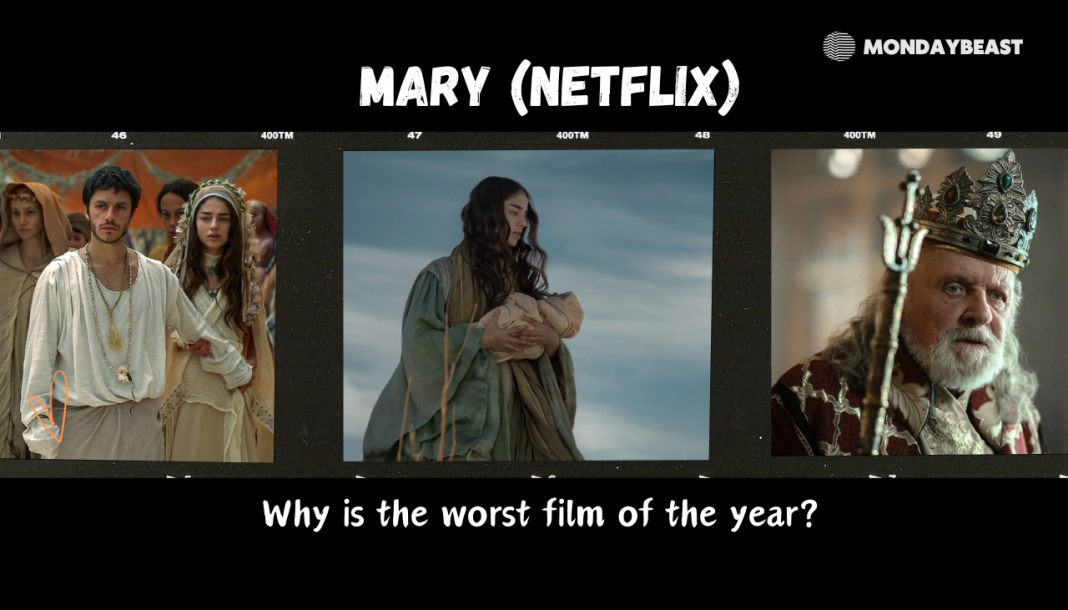The chaotic atmosphere of impeachment
When the South Korean parliament erupted into chaos, lawmakers’ abrupt exit raised eyebrows. The impending impeachment vote against President Yoon Suk Yeol turned the political scene into a spectacle. Only one of his fellow legislators remained in the chamber.
Opposition lawmakers, visibly agitated, shouted, “Go inside
the chamber
!” Their voices echoed throughout the hall amid a palpable tension. Moments like these remind us of the precarious balance between power and accountability in democracies. What does it mean when elected officials flee? For many, it reeks of cowardice. But for others, it reflects deep-seated fears of political repercussions.
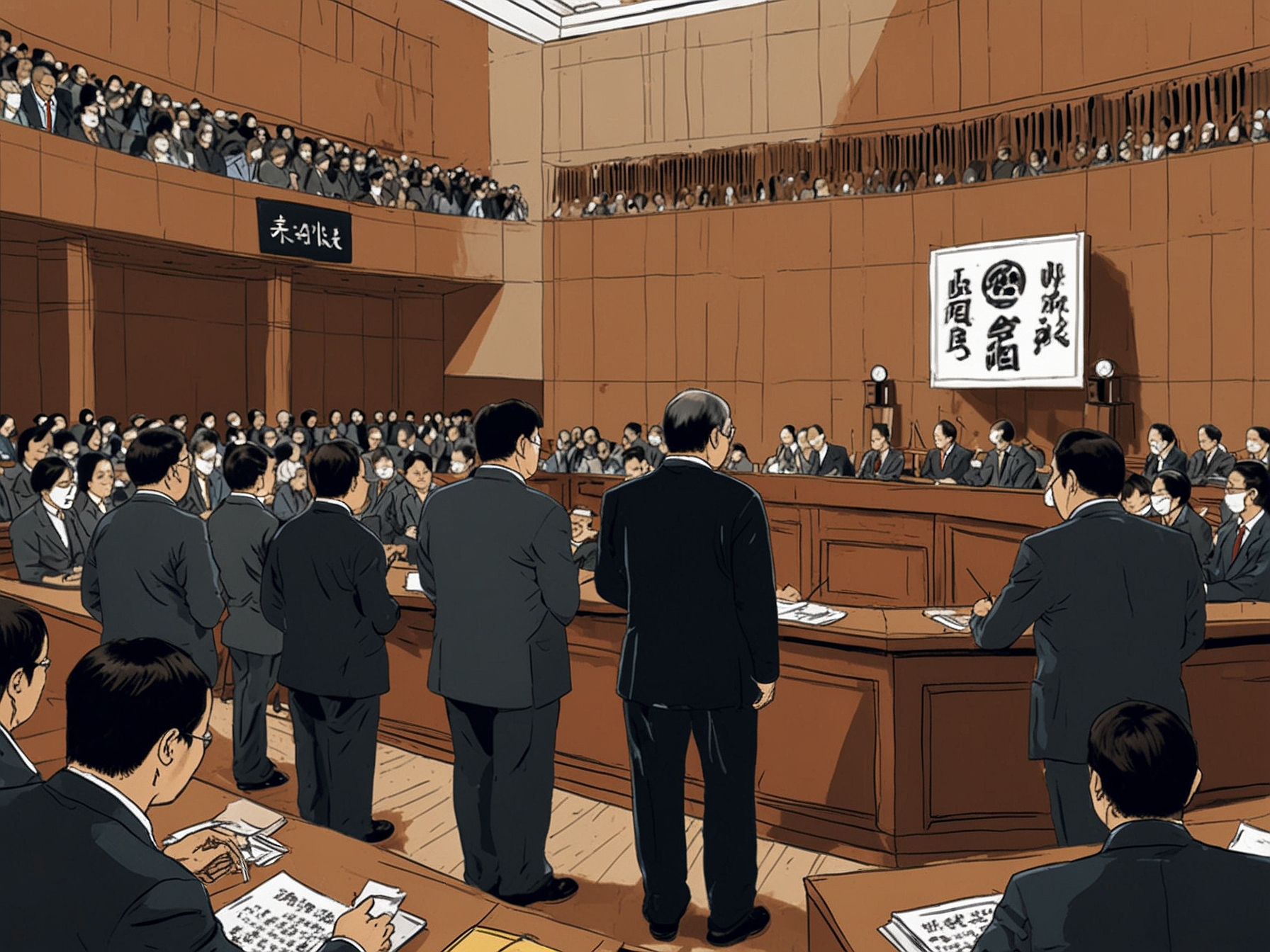
As citizens, we question our leaders’ commitment when they abandon their posts in critical moments. This surrender at such a crucial time sends a wave of uncertainty through the nation.
Yoon’s martial law fiasco
Just a few days before, Yoon declared martial law in a shocking impromptu television address. It was a bold move, one that struck fear into hearts around the nation. He accused opposition figures of being sympathetic to North Korea, invoking memories of a dark past marked by military dictatorship.
When the airwaves filled with his declarations, anxiety cut through the public like a knife. The public’s reaction was swift and fierce. Within hours, relentless lawmakers forced their way into parliament, working together to rescind the decree.
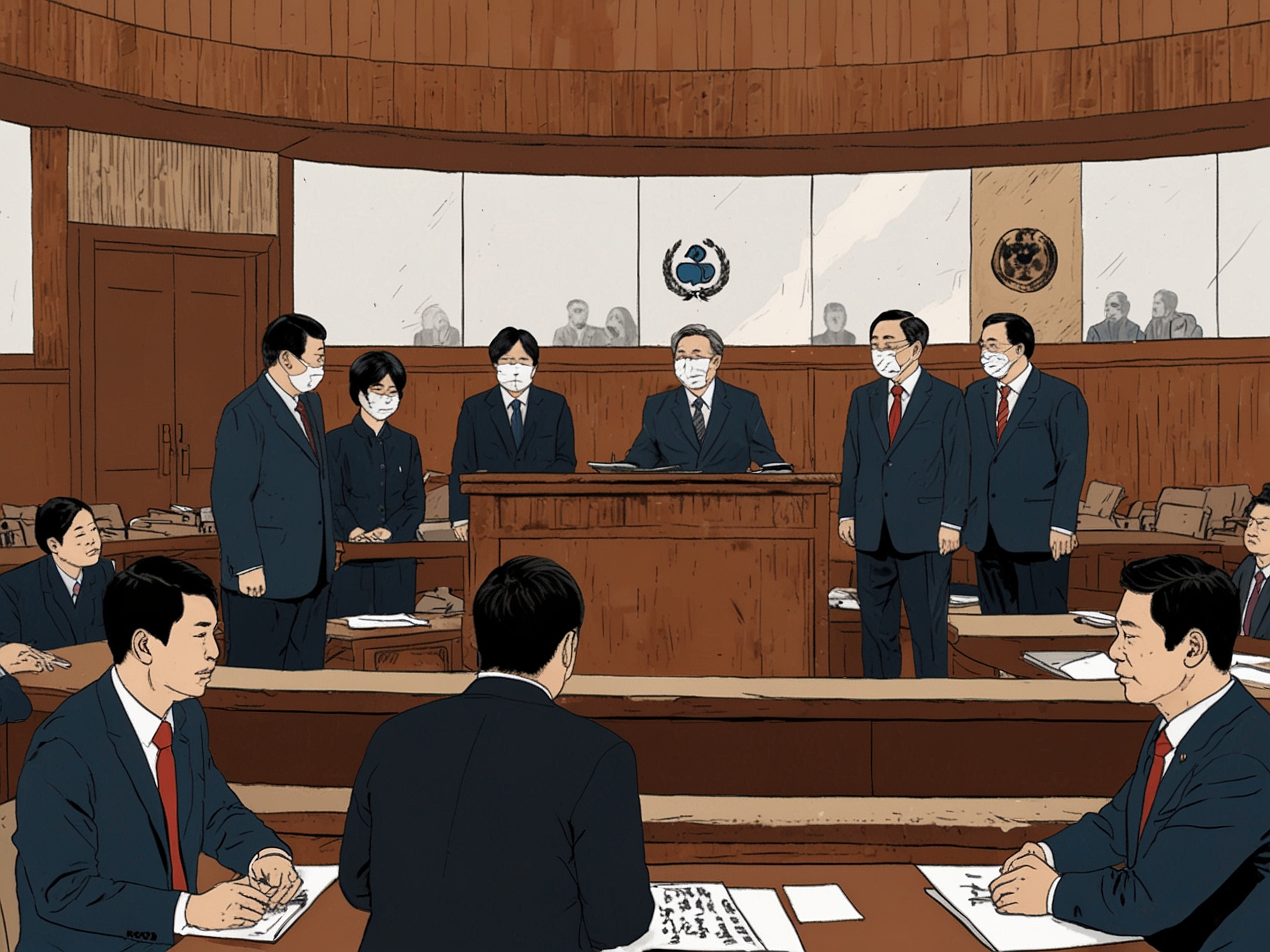
Their determination shows the strength of a democratic spirit that refuses to be sacrificed on the altar of fear and control. It raises questions for many of us: How far is too far in the pursuit of order?
Yoon’s apology: too little, too late?
After significant backlash, President Yoon stood before the nation, offering apologies and an acknowledgement of his “misstep.” “I am deeply sorry,” he said. A mere two-minute address could hardly quell the anger boiling in the streets.
How effective can a rushed apology be when lives and liberties are at stake? He claimed his actions were born from desperation, a fleeting attempt to maintain control in tumultuous times.
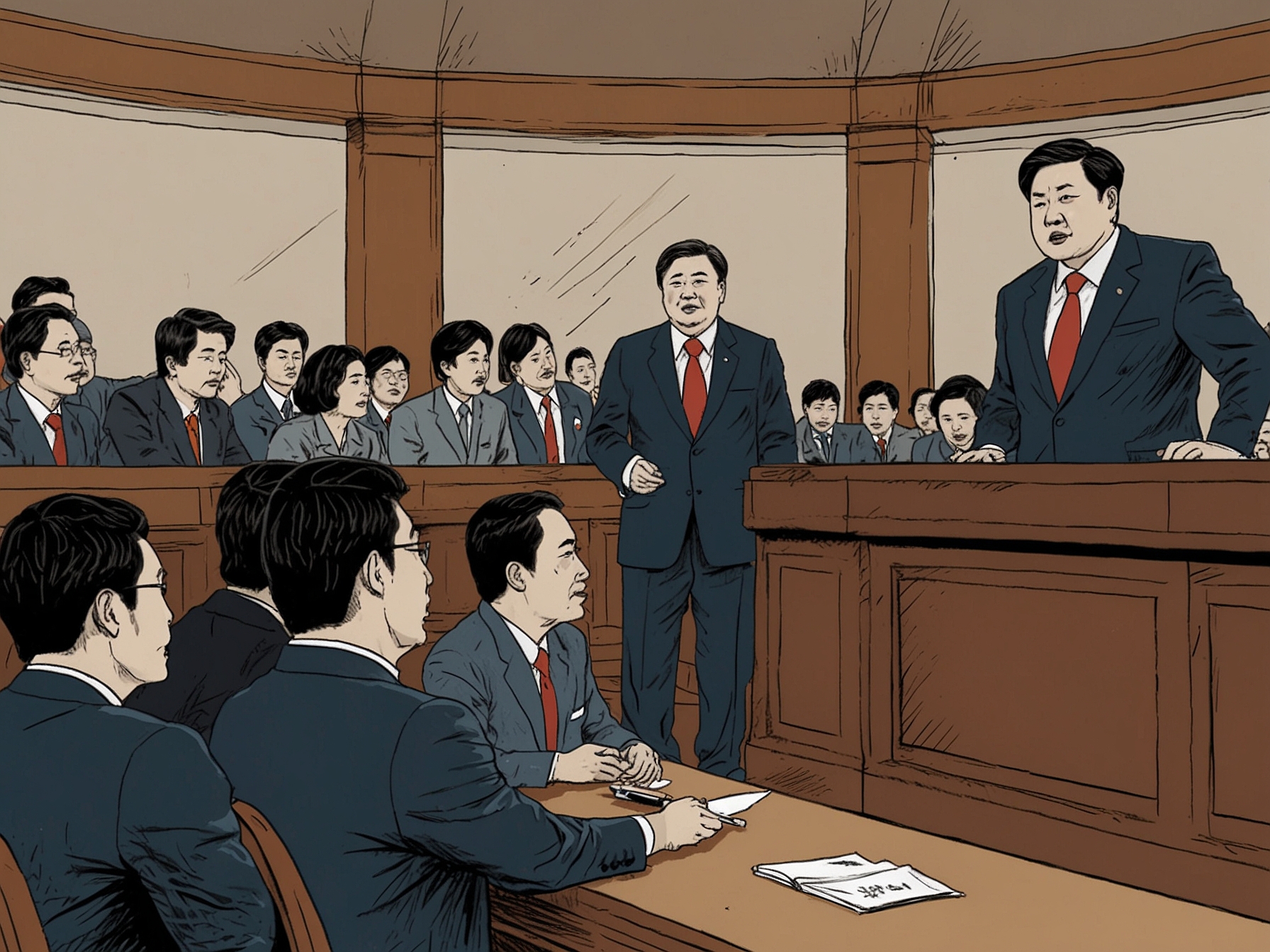
Many citizens must feel conflicted—how does one weigh the motives behind such alarming decisions? The scars of previous military rule linger, casting long shadows over executive power.
The unrest unfolds
Days of protests saw thousands demanding Yoon’s impeachment. Activists rally under the banner of democracy, calling for accountability and transparency. With resentment brewing, questions arise: Is a short-lived martial law a justification for impeachment or just political theatre?
Yoon faces serious opposition even within his party, as rival politicians scent blood in the political waters. In another twist, Han Dong-hoon of the ruling party commented that Yoon’s resignation might be inevitable.
With political allies wavering, how long can the president hold on?
The implications of rumors and actions
Amid the political tempest, rumors spread like wildfire. Reports emerged of Yoon devising an “arrest list” of political figures he deemed enemies. The chaotic landscape blurs the line between security and oppression, making many citizens anxious about what lies ahead.
How does a leader justify such measures? It raises chilling questions: Will the cycle of political retribution continue? Is there a risk that we are witnessing the early signs of an authoritarian drift?
As various narratives unfold, it is imperative to consider the implications for South Korea’s future. Is this a test of the country’s democratic resolve? Yoon’s subsequent insistence that there would be “absolutely no second attempt” does little to soothe the public’s worry.
Rights and the role of government
What Yoon’s actions reveal is a fragile trust between the government and its citizens. Democracy isn’t just about structures; it’s about the social contract we share. When leaders overstep their bounds, as seen in this situation, public disapproval can spark vital change.
Citizens have every right to question authority and demand accountability. Political stability should never come at the cost of liberty and justice.
As the country grapples with its past, the urgency for active participation in democracy looms larger than ever.
Final thoughts on governance and accountability
As the impeachment vote looms, one questions what it means to truly govern. Is it just about holding power, or is it about nurturing a democratic environment? This moment serves as a sobering reminder for all nations.
Power without responsibility breeds chaos, while accountability fosters trust. As South Korea stands at a political crossroads, the choices and repercussions will extend far beyond the immediate crisis.
Will this be the moment democracy regains its footing, or will history repeat itself in unexpected ways? The world watches closely.

